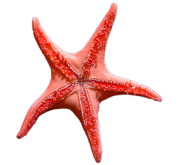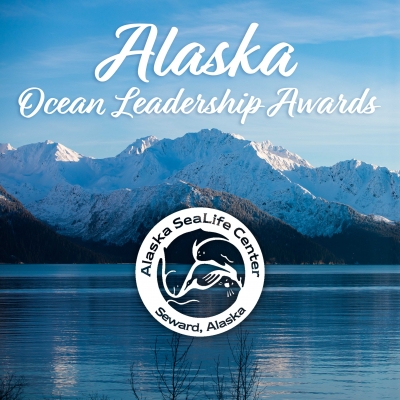Alaska SeaLife Center Announces 2023 Alaska Ocean Leadership Award Recipients January 23, 2023
These awards are given annually to individuals and organizations that have made significant contributions to the awareness and sustainability of the state’s marine resources. The Alaska SeaLife Center appreciates the support provided by the award sponsors and thanks the awards committee members (Jason Brune, Ginny Eckert, Lynn Palensky, Brian Pinkston, Robert Suydam, and Sheyna Wisdom) for their assistance in selecting the award recipients. These awards will be presented at the Alaska Marine Science Symposium on January 23 and the Alaska SeaLife Center Soiree on February 18, both in Anchorage.
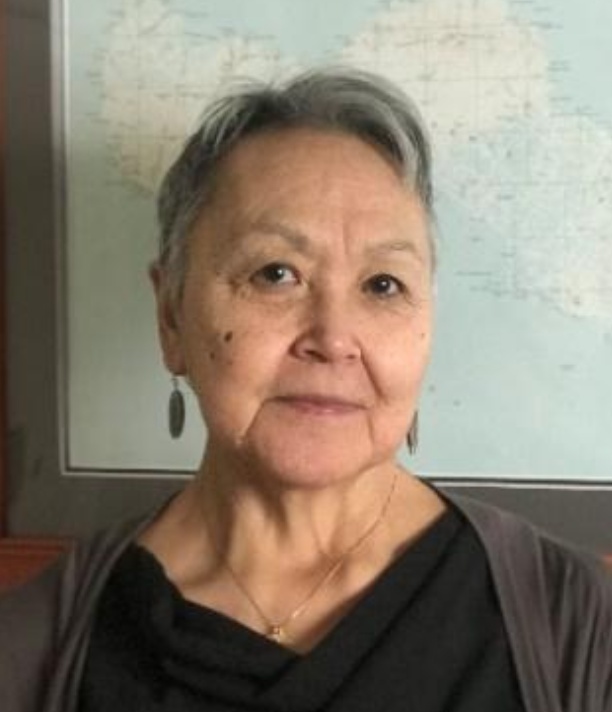 Vera Metcalf will receive the prestigious Walter J. and Ermalee Hickel Lifetime Achievement Award. Following the footsteps of the late Governor Walter J. Hickel and the late Ermalee Hickel, the Hickel Family continues to sponsor this award to recognize individuals who have made exceptional contributions to the management of Alaska’s coastal and ocean resources for more than 20 years. Vera Metcalf has held the position of Eskimo Walrus Commission (EWC) Director for over 20 years. She is a recent inductee to the Alaska Women’s Hall of Fame, an honor given to women who have influenced the direction of Alaska. Vera has held several positions including Commissioner on the U.S. Arctic Research Commission, a member of the Inuit Circumpolar Council, and currently serves as a Special Advisor on Native Affairs with the U.S. Marine Mammal Commission. She works and communicates easily with scientists, researchers, political appointees, tribal leaders, and EWC members to ensure ocean resources are available for generations to come. Leading the EWC, Vera represents Alaska’s coastal walrus hunting communities in the co-management of the Pacific walrus and ensures that scientific and Indigenous Knowledge research is conducted responsibly and utilized effectively in management decisions regarding the Pacific walrus population.
Vera Metcalf will receive the prestigious Walter J. and Ermalee Hickel Lifetime Achievement Award. Following the footsteps of the late Governor Walter J. Hickel and the late Ermalee Hickel, the Hickel Family continues to sponsor this award to recognize individuals who have made exceptional contributions to the management of Alaska’s coastal and ocean resources for more than 20 years. Vera Metcalf has held the position of Eskimo Walrus Commission (EWC) Director for over 20 years. She is a recent inductee to the Alaska Women’s Hall of Fame, an honor given to women who have influenced the direction of Alaska. Vera has held several positions including Commissioner on the U.S. Arctic Research Commission, a member of the Inuit Circumpolar Council, and currently serves as a Special Advisor on Native Affairs with the U.S. Marine Mammal Commission. She works and communicates easily with scientists, researchers, political appointees, tribal leaders, and EWC members to ensure ocean resources are available for generations to come. Leading the EWC, Vera represents Alaska’s coastal walrus hunting communities in the co-management of the Pacific walrus and ensures that scientific and Indigenous Knowledge research is conducted responsibly and utilized effectively in management decisions regarding the Pacific walrus population.
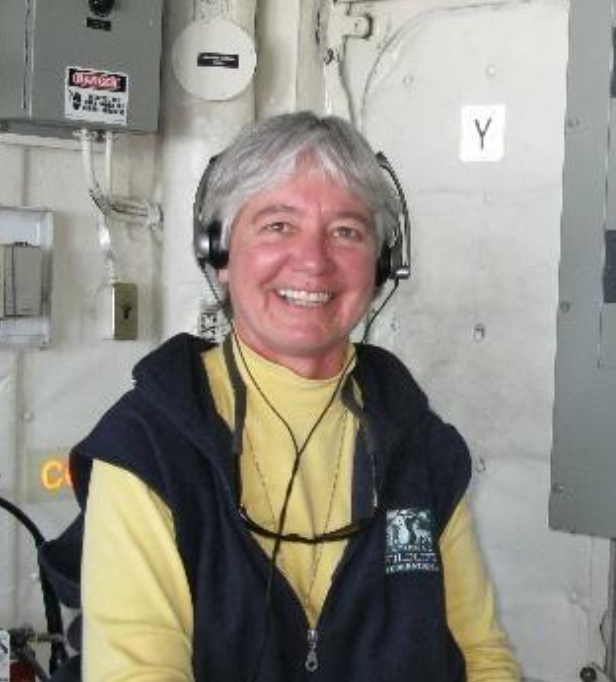 Dr. Sue Moore, Ph.D., will receive the Marine Research Award. This award is sponsored by Drs. Clarence Pautzke and Maureen McCrea. This honor is given to a scientist, team of scientists, or an institution that is acknowledged by peers to have made an original breakthrough contribution to any field of scientific knowledge about Alaska’s oceans. Dr. Sue Moore has studied Arctic marine mammals and their ecosystems since 1981, with a focus on the northern Bering, Chukchi, and Beaufort seas. Dr. Moore served as the Cetacean Program Leader and Director of NOAA’s Alaska Fisheries Science Center’s Marine Mammal Laboratory, and as a Research Scientist and Senior Scientist at NOAA’s Office of Science and Technology. She has authored or co-authored more than 130 peer-reviewed articles and has consistently emphasized, promoted, and used long-term studies as the basis for her many scientific contributions. She is recognized for her expertise and contributions to science related to how the Arctic ecosystem functions and to the stewardship of upper trophic-level species. In 2020, she received the International Arctic Science Committee Medal in recognition of her outstanding achievement in understanding marine mammals as ecosystem sentinels and how climate change is influencing the phenology of Arctic species. In addition to her extensive science contributions, Dr. Moore has served on many boards and commissions, including the International Whaling Commission’s Scientific Committee and numerous advisory and steering committees for the National Science Foundation. Earlier this month, she was appointed by President Biden as one of three Commissioners on the U.S. Marine Mammal Commission.
Dr. Sue Moore, Ph.D., will receive the Marine Research Award. This award is sponsored by Drs. Clarence Pautzke and Maureen McCrea. This honor is given to a scientist, team of scientists, or an institution that is acknowledged by peers to have made an original breakthrough contribution to any field of scientific knowledge about Alaska’s oceans. Dr. Sue Moore has studied Arctic marine mammals and their ecosystems since 1981, with a focus on the northern Bering, Chukchi, and Beaufort seas. Dr. Moore served as the Cetacean Program Leader and Director of NOAA’s Alaska Fisheries Science Center’s Marine Mammal Laboratory, and as a Research Scientist and Senior Scientist at NOAA’s Office of Science and Technology. She has authored or co-authored more than 130 peer-reviewed articles and has consistently emphasized, promoted, and used long-term studies as the basis for her many scientific contributions. She is recognized for her expertise and contributions to science related to how the Arctic ecosystem functions and to the stewardship of upper trophic-level species. In 2020, she received the International Arctic Science Committee Medal in recognition of her outstanding achievement in understanding marine mammals as ecosystem sentinels and how climate change is influencing the phenology of Arctic species. In addition to her extensive science contributions, Dr. Moore has served on many boards and commissions, including the International Whaling Commission’s Scientific Committee and numerous advisory and steering committees for the National Science Foundation. Earlier this month, she was appointed by President Biden as one of three Commissioners on the U.S. Marine Mammal Commission.
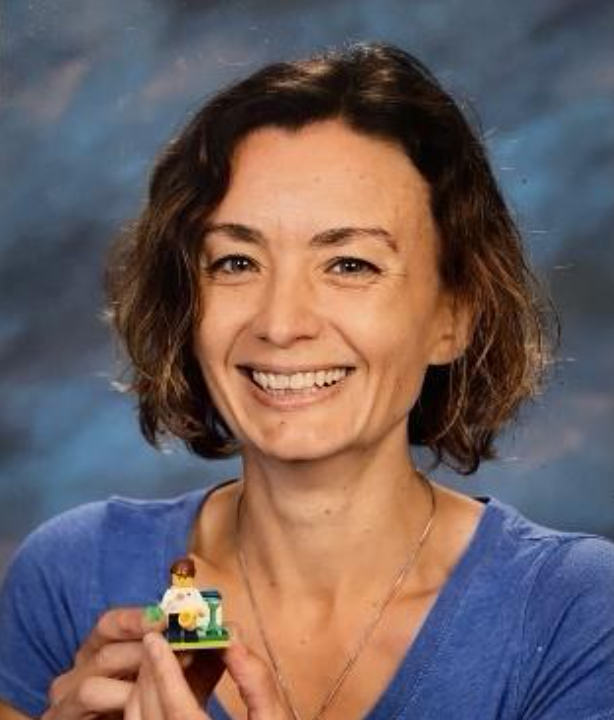
Catherine Walker will receive the Marine Science Outreach Award. This award is given to a person, team, or organization that has made an outstanding contribution to ocean literacy via formal or informal education, media, or other communications. It is sponsored by the Alaska Ocean Observing System. Catherine Walker is a National Board Certified science teacher at Dimond High in Anchorage, teaching marine biology/oceanography, essentials of engineering, and drone aviation. Seeking to enrich the experiences of her students and empower the next generation of ocean stewards, Catherine is involved in the school’s Ocean Club, Green Effects Club, field trips to Kasitsna Bay and Prince William Sound, the National Ocean Science Bowl, has helped Dimond High become a NOAA Ocean Guardian School, and is a member of the NOAA Pacific Educators Network. Catherine has served as an adjunct professor through Prince William Sound College and is continually working to innovate and collaborate with other teachers and community members to better serve her student’s understanding of our oceans and the need for conservation of Alaska’s unique and vital ecosystems. Through her work, Catherine has increased ocean literacy for thousands of youth and adults. A winner of the Presidential Award for Excellence in Mathematics and Science Teaching as well as a National Geographic Certified Educator, Catherine is described as a tireless advocate for education and for the improvement of Alaska’s marine ecosystems.
 Patrick Simpson, Alaska Plastic Recovery, LLC will receive the Stewardship and Sustainability Award. This award is sponsored by Jason Brune and honors an industry leader that demonstrates the highest commitment to sustainability of ocean resources. Patrick Simpson of Alaska Plastic Recovery, LLC is working to create innovative solutions to assess, collect, and utilize plastic ocean waste found on Alaskan beaches. An engineer and entrepreneur based in Anchorage, Simpson is working to develop technologies specifically for Alaska. One of these technologies includes creating plastic-based lumber from marine debris with a mobile plastic ocean waste recycler that is designed within a shipping container to be used even in remote communities. Simpson and Alaska Plastic Recovery LLC are also in development to include heavy-lift drones to remove bags of marine debris on beaches and marine learning algorithms that can be used to assess the debris. Simpson engages high school students to demonstrate these technologies. Taking the major worldwide problem of plastic marine debris pollution and turning it into an opportunity, Simpson’s exciting and inventive efforts will result in cleaner beaches and oceans and reduce microplastics in our marine ecosystems.
Patrick Simpson, Alaska Plastic Recovery, LLC will receive the Stewardship and Sustainability Award. This award is sponsored by Jason Brune and honors an industry leader that demonstrates the highest commitment to sustainability of ocean resources. Patrick Simpson of Alaska Plastic Recovery, LLC is working to create innovative solutions to assess, collect, and utilize plastic ocean waste found on Alaskan beaches. An engineer and entrepreneur based in Anchorage, Simpson is working to develop technologies specifically for Alaska. One of these technologies includes creating plastic-based lumber from marine debris with a mobile plastic ocean waste recycler that is designed within a shipping container to be used even in remote communities. Simpson and Alaska Plastic Recovery LLC are also in development to include heavy-lift drones to remove bags of marine debris on beaches and marine learning algorithms that can be used to assess the debris. Simpson engages high school students to demonstrate these technologies. Taking the major worldwide problem of plastic marine debris pollution and turning it into an opportunity, Simpson’s exciting and inventive efforts will result in cleaner beaches and oceans and reduce microplastics in our marine ecosystems.
 Mia Siebenmorgen Cresswell will receive the Ocean Youth Award. The Ocean Youth Award is awarded to an individual or team of Alaskan youth up to 19 years old who has displayed a dedication to promoting the understanding and stewardship of Alaska’s oceans. Mia Siebenmorgen Cresswell served as an intern for the Prince William Sound Regional Citizen’s Advisory Council’s marine invasive species monitoring program. Monitoring the nearshore coastal ecosystem in her hometown of Cordova, Mia set traps to monitor for European green crab and monitored settlement plates in the local harbor for benthic invasive species as part of the Smithsonian Environmental Research Center’s Plate Watch program. She has engaged in outreach by presenting her monitoring work at events including the Wrangell Institute for Science and Environment’s Science Lecture Series and the Prince William Sound Natural History Symposium. Mia also interned at the Prince William Sound Science Center and the Copper River Watershed Project, where she took on various multimedia and art projects, created small grant proposals, and served as a youth leader for a summer stewardship program. She has brought greater awareness to the issue of marine invasive species in Alaska and stewards the importance of marine science in Southcentral Alaska and beyond.
Mia Siebenmorgen Cresswell will receive the Ocean Youth Award. The Ocean Youth Award is awarded to an individual or team of Alaskan youth up to 19 years old who has displayed a dedication to promoting the understanding and stewardship of Alaska’s oceans. Mia Siebenmorgen Cresswell served as an intern for the Prince William Sound Regional Citizen’s Advisory Council’s marine invasive species monitoring program. Monitoring the nearshore coastal ecosystem in her hometown of Cordova, Mia set traps to monitor for European green crab and monitored settlement plates in the local harbor for benthic invasive species as part of the Smithsonian Environmental Research Center’s Plate Watch program. She has engaged in outreach by presenting her monitoring work at events including the Wrangell Institute for Science and Environment’s Science Lecture Series and the Prince William Sound Natural History Symposium. Mia also interned at the Prince William Sound Science Center and the Copper River Watershed Project, where she took on various multimedia and art projects, created small grant proposals, and served as a youth leader for a summer stewardship program. She has brought greater awareness to the issue of marine invasive species in Alaska and stewards the importance of marine science in Southcentral Alaska and beyond.

